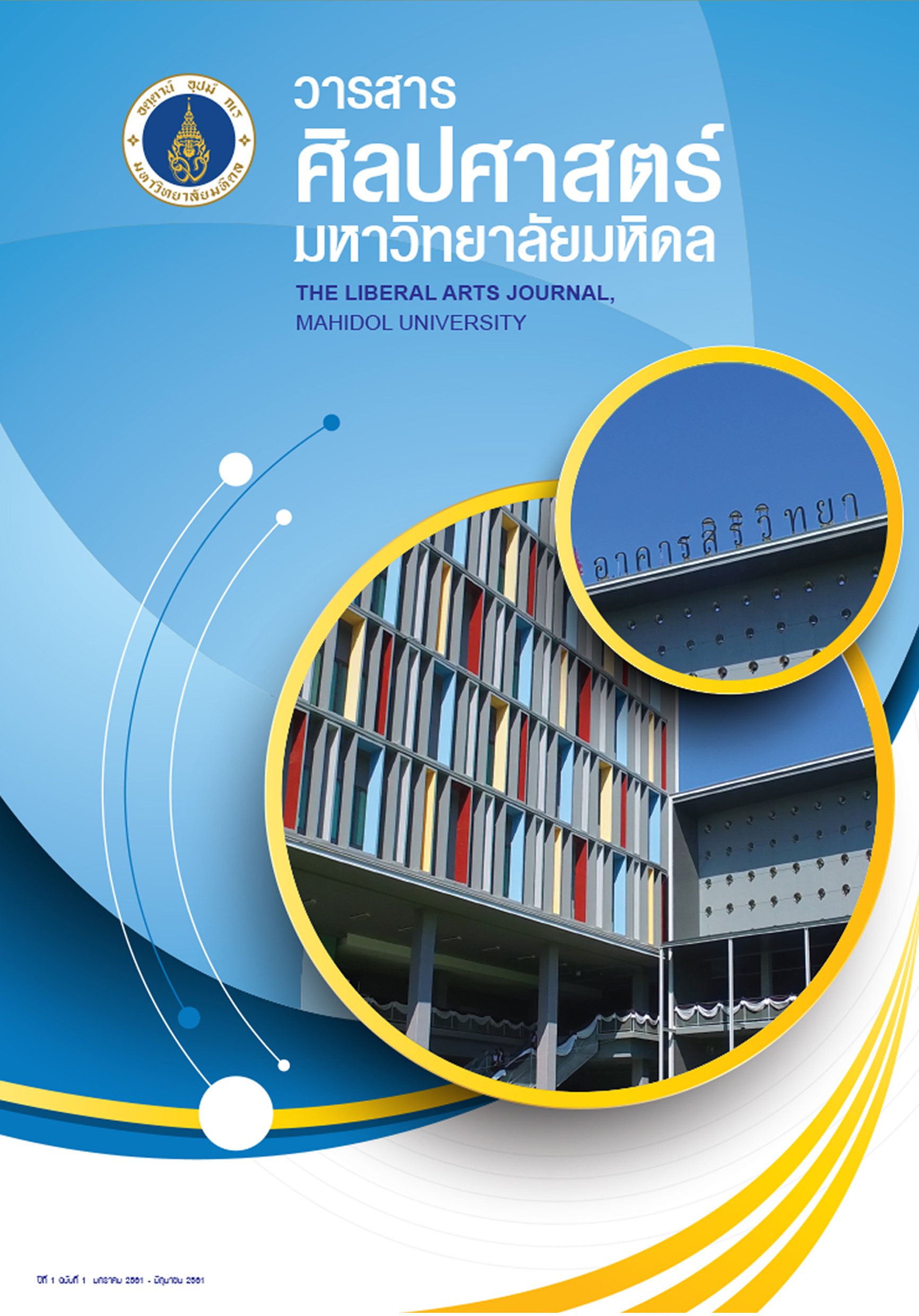Examining Thai EFL Learners’ Knowledge of Academic English Vocabulary
Keywords:
academic English vocabulary, Thai EFL learners, academic word list, receptive vocabulary, productive vocabularyAbstract
Limited knowledge of vocabulary is one of the main problems for ESL/EFL students in comprehending English texts (Gunning, 2002). Many Thai EFL learners also have such a problem, especially those at the tertiary level. Sungprakul (2016) measured the vocabulary size of Thai university students and found that the first-year students’ vocabulary knowledge was around 5,800-5,900 words from the 10,000 most frequent word list. Adunyarittigun (2002) investigated factors affecting English language reading success of a Thai EFL college reader and found that inadequate knowledge of language structure and vocabulary was the main cause of the participant’s failure in predicting the meaning of unknown words in context. In addition, Cobb and Horst (2001) reported that a lack of vocabulary knowledge can inhibit students’ success in their academic programmes. Coxhead (2000) developed the Academic Word List or AWL and claimed that her academic word list covered 10% of the tokens in her 3,500,000 running word academic corpus and around 8.5% in an independent corpus. It can be assumed that knowing those academic words might be able to enhance students’ reading ability; however, little research has been done on it. To find an effective way to improve Thai EFL university students’ reading ability, this research was, therefore, conducted to examine their existing knowledge of academic English vocabulary.




